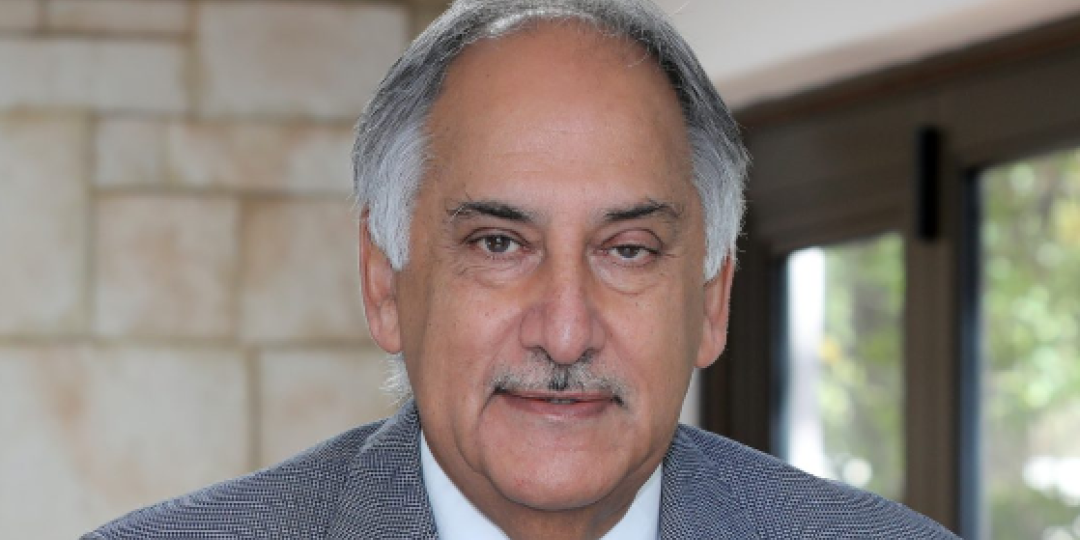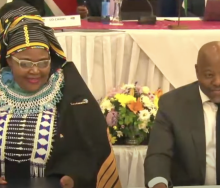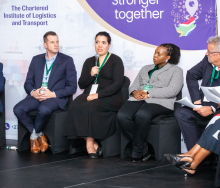Logistical challenges experienced in South Africa are probably more urgent than other problems that need to be addressed to pull the country out of its perilous economic state,” the chief executive officer of Business Unity South Africa (Busa), Cas Coovadia, believes.
His comments come after the signing of a pledge by 116 chief executive officers (CEOs) to use all available resources their entities can offer to assist the government in trying to overcome the logistics and other challenges of the country.
The signing of the commitment follows a recent meeting with President Cyril Ramaphosa by a delegation of concerned CEOs who indicated their willingness to go into a public-private partnership alliance to assist the government.
The three areas of most concern to business are energy, logistics and crime.
“In many ways, logistics challenges posed in the country are probably a greater challenge than those posed by energy and need to be dealt with urgently,” Coovadia said
“The ailing railway infrastructure has driven freight transport onto road to devastating effect and this will have to be remedied for the country to grow the economy, provide jobs and widen the tax base which is too small.”
The official pledge, signed last week, cemented the cooperation of the 116 corporate CEOs of major corporations in the country, representing a wide spread of economic sectors, from banking to petroleum. The pledge commitments are subject to oversight to ensure that projects undertaken are on track.
Logistics problems make it expensive to do business in and with South Africa, eroding confidence in the country.
Railway and port problems hamper the country’s ability to meet all-important elements of the world’s supply chain such as regular and predictable delivery to destinations, and includes fast loading and unloading of products and minerals at ports for onward movement to other destinations.
Security of the supply chains is also vital.
Freight News has recently highlighted the costs associated with disruptions and problems on vital trade corridors such as the routes from Durban to Johannesburg, Mpumalanga’s coal basin to Richards Bay, and the ore line from Sishen to Saldanha.
All of these are responsible for foreign-exchange-earning exports of raw materials, coal and iron ore to the outside world, and manufactured goods.
Challenges experienced with crucial logistics cost the country tens of billions in lost revenue and tax collections to enable the fiscus to meet its other obligations.
Coovadia added that in addition to logistical issues, load shedding and the country’s ongoing battles with crime and corruption were critical issues to be dealt with.
He said it is unacceptable that syndicate activity interferes with construction efforts, much of it needed to repair and install critical infrastructure for the country to function.













